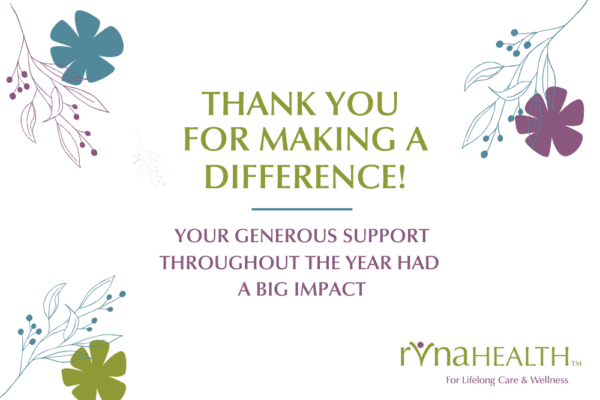

Above: Tammy Strom, MA-MTBC, plays her guitar at RVNAhealth’s headquarters on Governor Street in Ridgefield.
When Tammy Strom, MA-MTBC, visits RVNAhealth hospice patients, she’s equipped with a distinctive set of clinical tools. A guitar. Piles and piles of sheet music and songbooks. And a variety of handheld musical instruments (think tambourines, shakers, bells and other fun accessories).
As our hospice music therapist, Tammy also brings healthy doses of compassion and positivity, alongside a dedication to helping patients experience the best possible quality of life in their final months, weeks and days.
“Many people have the misconception that working with hospice patients is somber,” she says. “But as a music therapist I get to see, and be a part of, a lot of life and creativity.”
Individualized Goals and Approaches
When hearing the term “music therapy,” you might think of listening to music performed by someone else. Or the opportunity for a patient and perhaps the family to play, sing or even write songs. The reality is that it depends – on what goals are appropriate for the patient and family.
Tammy shares how, in the case of a patient who had difficulty speaking, the simple act of slowing down a beloved song so she could sing brought “great joy” to both the patient and her family.
“If you’re with them for several months, as their condition progresses, it might be more about soothing with music that carries meaning,” she adds. She recalls this being the situation with a patient who was no longer alert, but the husband requested their wedding song from long ago.
“Musical interventions aren’t about being note-perfect, and it isn’t about teaching music,” explains Tammy. “It’s focused on providing comfort and memories. The goal might be to alleviate isolation; help a family connect with a patient who is unable to speak due to dementia; or distract from the patient’s physical discomfort or soothe the emotional pain the patient and family are experiencing.”
Music therapy can also be used as a restorative therapy in the bereavement process, especially with children mourning a loss.
The Science Behind Music Therapy
Hospice music therapy is administered by a credentialed professional who has completed an approved music therapy program and passed a national exam offered by the Certification Board for Music Therapists. In addition to being board certified in music therapy, Tammy holds a master’s degree in expressive therapies with a concentration in music therapy and mental health counseling. A lifelong musician, she has sung with the Ridgefield Chorale for two decades, and has performed with Troupers Light Chorale in the past.
“Music stimulates many parts of the brain – from auditory to motor to emotional – and it is often one of the last memories to remain intact,” she stresses. “Many studies have found that music therapy positively affects patients’ quality of life by addressing their spectrum of needs: Physical, psychological, emotional, spiritual, social and family support.”
Also, as she is fond of saying, in the words of Hans Christian Andersen: “Where words fail, music speaks.”
Read More Hospice & Palliative Care Month Articles
Hospice is for Living
How Spiritual Care Providers Help Hospice Patients and Their Families



